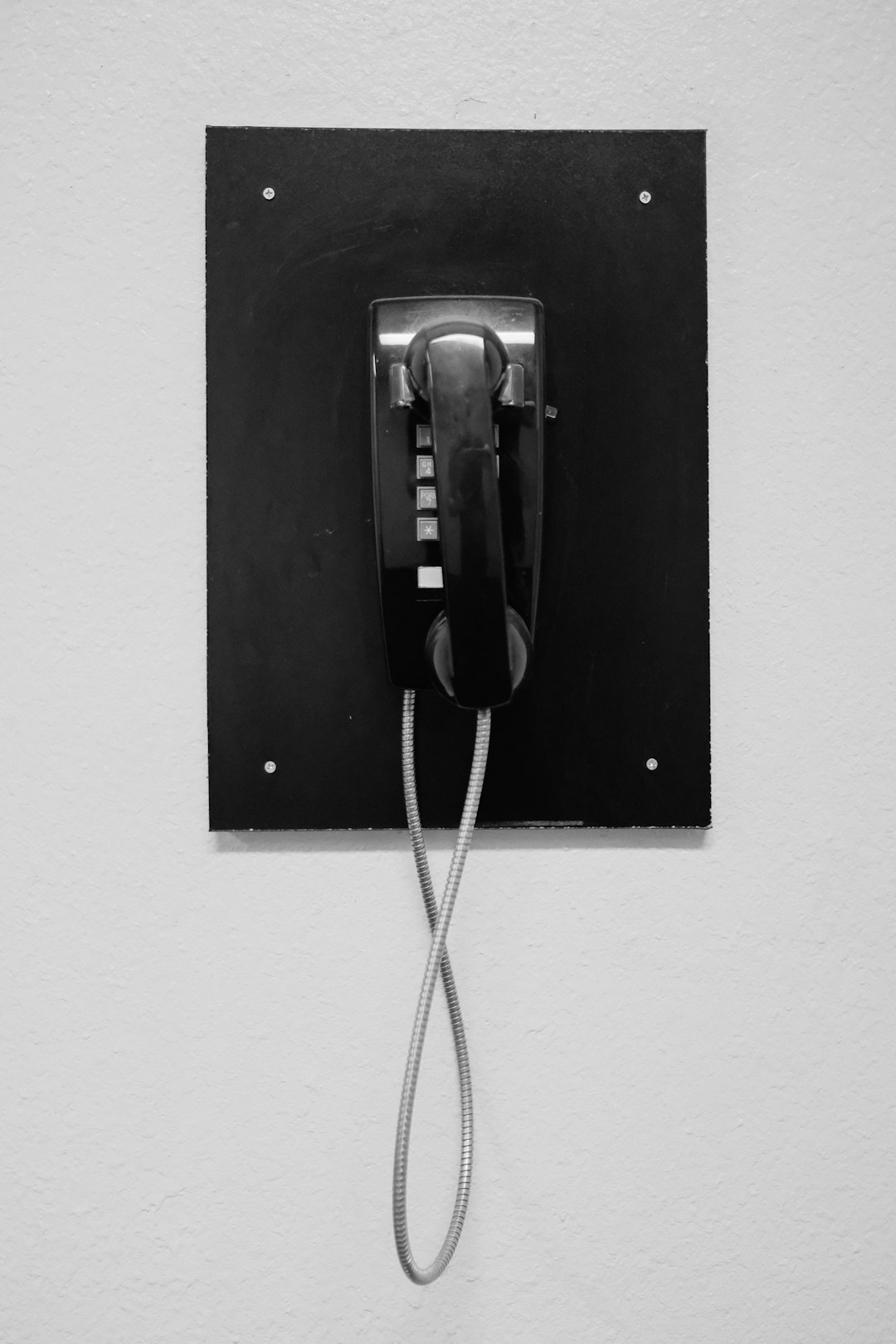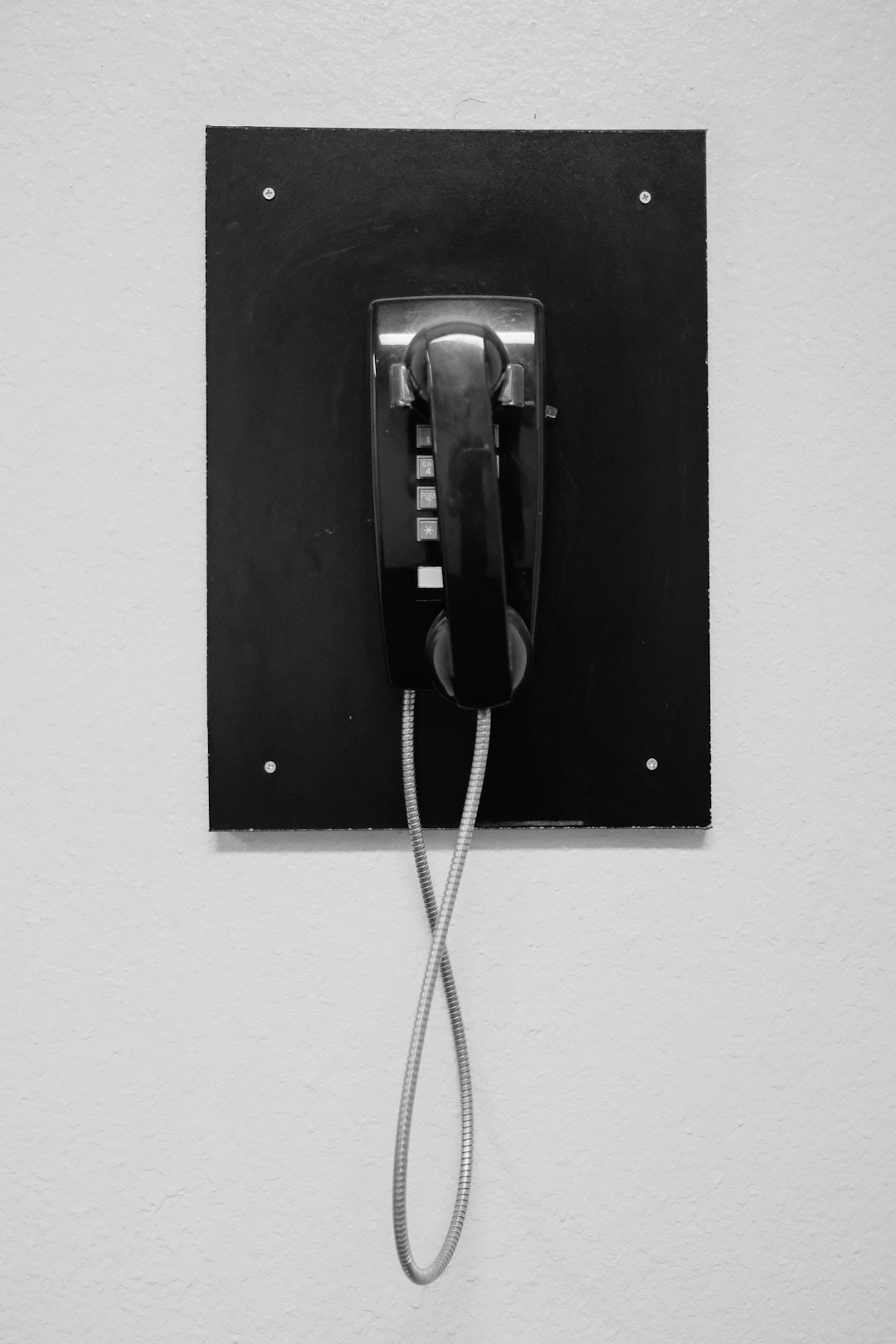Understanding Florida's debt collection laws is vital for both debtors and creditors, ensuring fair and transparent practices. The state's "Do Not Call" law protects debtors from harassing phone calls, especially to those registered. Debtors can verify debt validity and request validation, demanding proof of original agreements and accurate calculations. Knowing these rights empowers individuals to negotiate settlements confidently and interact with Florida debt collection law firms that adhere to regulations. Effective negotiation demands strategic communication, understanding your rights, and avoiding common pitfalls like assuming legal assistance or aggressive tactics. Promptly respond to collectors, seek advice from professionals, and consider alternatives to direct engagement with law firms for debt collection in Florida.
Navigating Florida debt collection can be overwhelming, but understanding your rights under state laws is key. This article equips you with essential knowledge about Florida debt collection practices and provides practical strategies for negotiating settlements. Learn effective tactics to assert your rights, avoid common pitfalls, and navigate the process confidently. By familiarizing yourself with these guidelines, you’ll be empowered to make informed decisions regarding your financial situations without resorting to legal action.
Understanding Florida Debt Collection Laws and Your Rights

Understanding Florida debt collection laws is crucial for both debtors and creditors. In Florida, debt collectors must adhere to specific regulations outlined in the Florida Statutes to ensure fair and transparent practices. One key law is the Do Not Call law, which prohibits debt collectors from making harassing or abusive phone calls, especially to individuals who have registered on the state’s “Do Not Call” list. This law offers debtors significant protection, allowing them to take a stand against aggressive collection tactics.
Debtors in Florida also have the right to verify the validity of the debt and request validation from the collector. They can demand proof of the original agreement and calculate the correct amount owed. Knowing these rights empowers individuals to negotiate settlements with confidence, ensuring they receive fair treatment during the settlement negotiation process.
Strategies for Effective Settlement Negotiations

Effective settlement negotiations in Florida debt collection cases often require a strategic approach. One key tactic is to maintain open communication with the creditor or their representative, avoiding aggressive or hostile behavior. This can foster an environment conducive to mutual understanding and compromise.
Additionally, thoroughly researching your rights and available legal options is essential. Understanding the laws governing debt collection practices in Florida can provide valuable leverage during negotiations. Consider seeking guidance from legal professionals who specialize in these matters, without necessarily calling law firms, to gain insights into successful negotiation strategies tailored to Florida’s unique legal landscape.
Avoiding Common Pitfalls: What to Expect During the Process

When negotiating a debt settlement in Florida, it’s crucial to be aware of potential pitfalls that may arise. One common mistake is assuming that calling law firms for debt relief is the only option. While legal assistance can be beneficial, it’s not always necessary, especially if you’re comfortable navigating the process independently. Many consumers mistakenly believe that threatening language or aggressive tactics will speed up settlements, but these approaches can backfire and damage your negotiation power.
Another trap to avoid is delaying the settlement process. Creditors often have deadlines for accepting settlements, and missing these can result in further legal actions. Instead, remain proactive by promptly responding to communication from collectors and seeking advice from reputable financial advisors or debt counseling agencies, without directly engaging law firms for debt collection, if possible.






